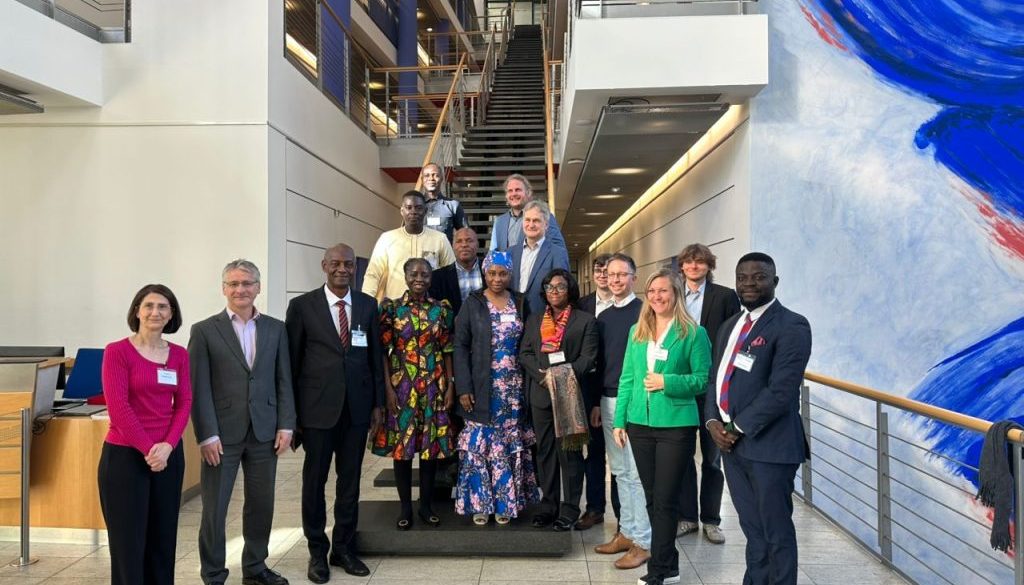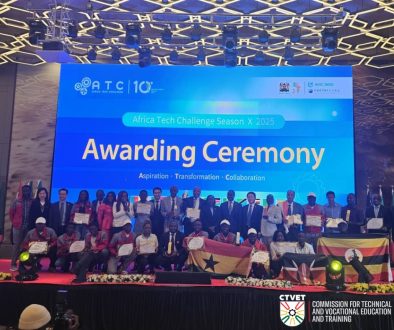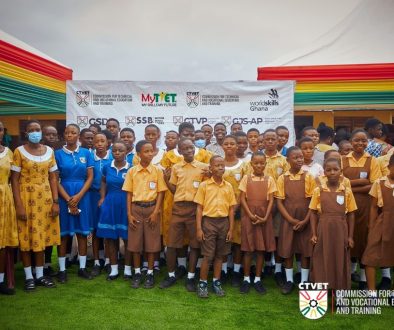Strengthening TVET through Data Management and Partnerships: Lessons from Germany
As part of the Government of Ghana’s education transformation and TVET resetting agenda, a high-level delegation led by the Director General of the Commission for Technical and Vocational Education and Training (CTVET), Mr. Zakaria Sulemana, undertook a strategic study tour to Germany between 4th and 12th April 2025. The visit aimed to deepen bilateral collaboration and harness best practices from one of the world’s most robust and future-oriented TVET ecosystems.
Anchored within the framework of the Joint Declaration of Intent signed in 2019 between Ghana’s Ministry of Education and Germany’s Federal Ministry of Education and Research, the tour reflects Ghana’s commitment to reimagining its TVET system in line with national development priorities.
The delegation engaged with leading German institutions—including the Federal Institute for Vocational Education and Training (BIBB), the German Office for International Cooperation in Vocational Education and Training (GOVET), the Institute for Employment Research (IAB), the Leibniz Institute for Educational Trajectories (LIfBi), and the Federal Employment Agency. These exchanges provided rich insights into data-driven approaches to TVET management, labour market integration strategies, and effective pathways for youth education and employment.
Key outcomes from the tour include:
•Development of a National TVET Data Management and Information System (TDMIS) to enhance data accuracy, analysis, and policy responsiveness
•Stronger employer engagement mechanisms to ensure TVET delivery aligns with current and future labour market demands
•Expanded international partnerships to support digital learning innovations, dual training models, and inclusive education access
•Renewed focus on evidence-based reporting, with Ghana’s third National TVET Report currently in development
This study tour is a testament to CTVET’s unwavering commitment to advancing a responsive, inclusive, and globally competitive TVET system. It also marks a significant step forward in delivering on the government’s broader goal to equip Ghanaian youth with 21st century skills for sustainable livelihoods and national development.










